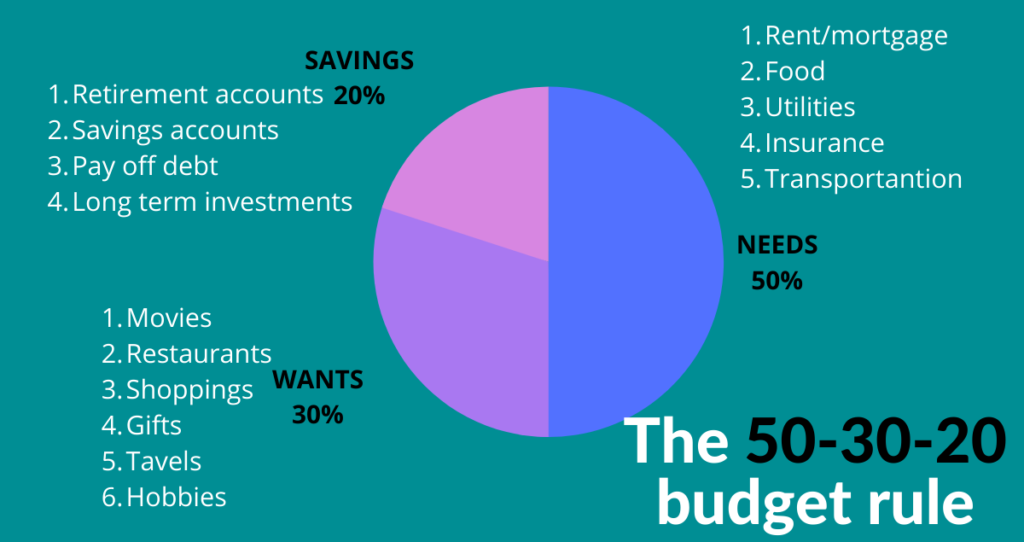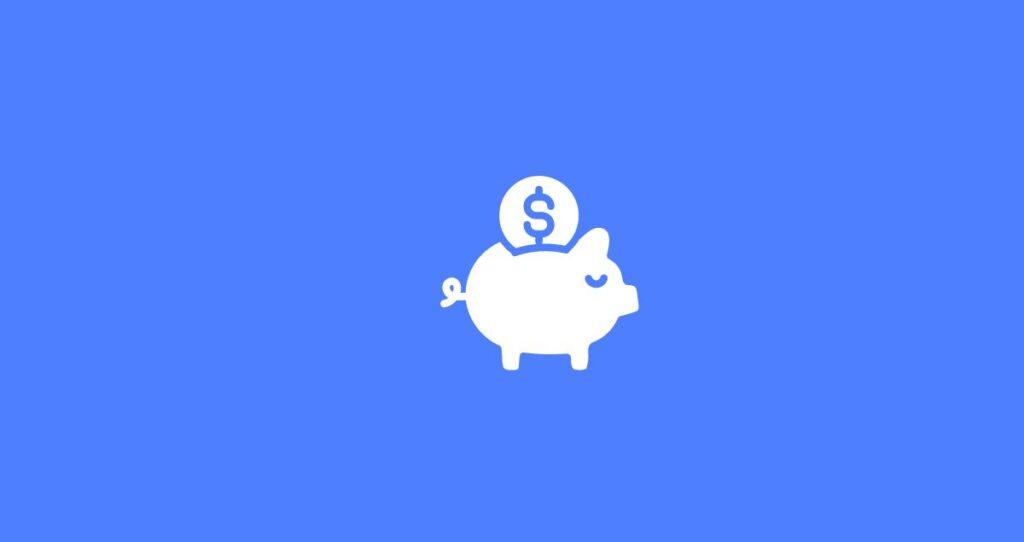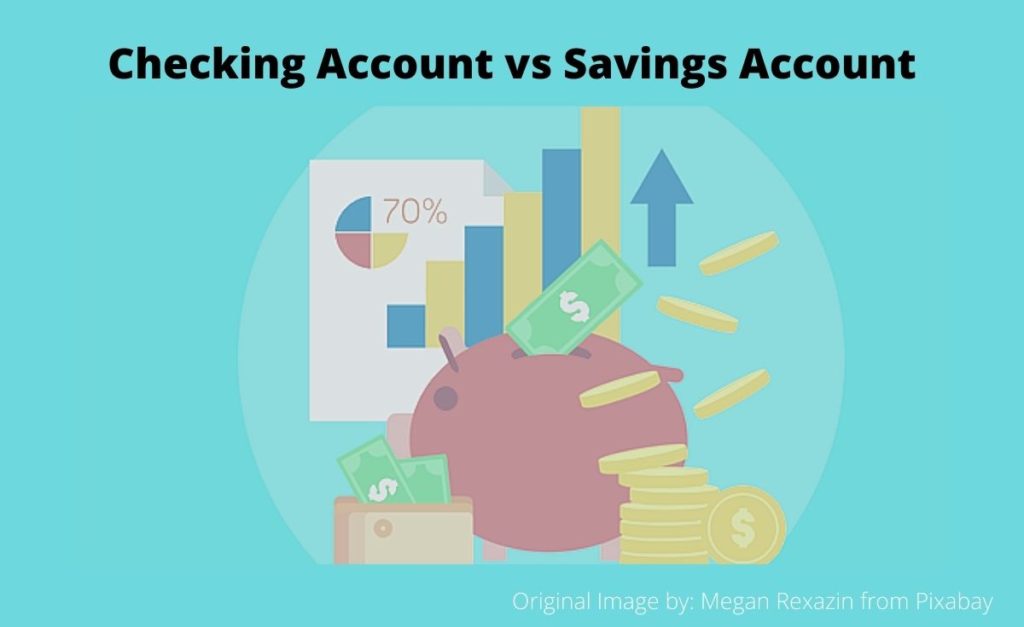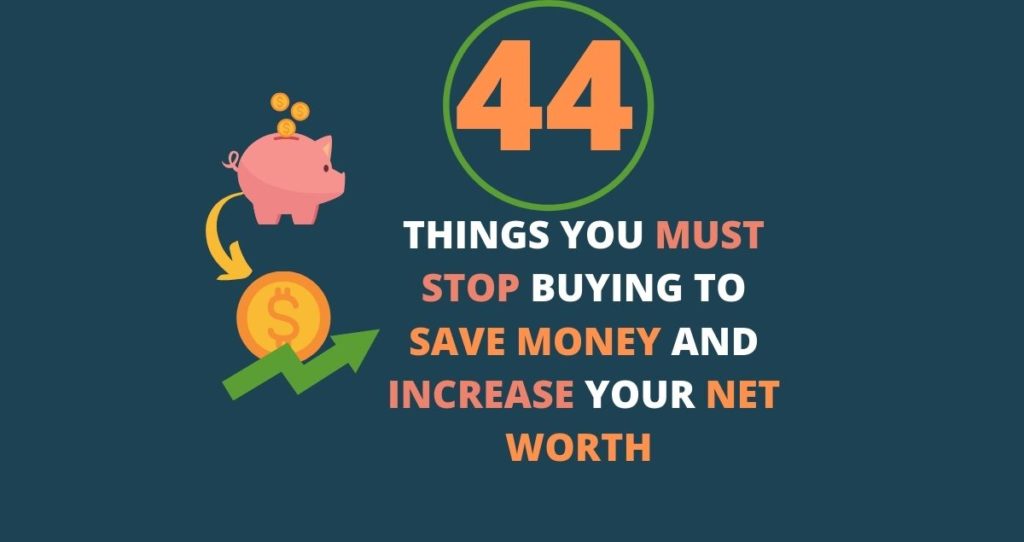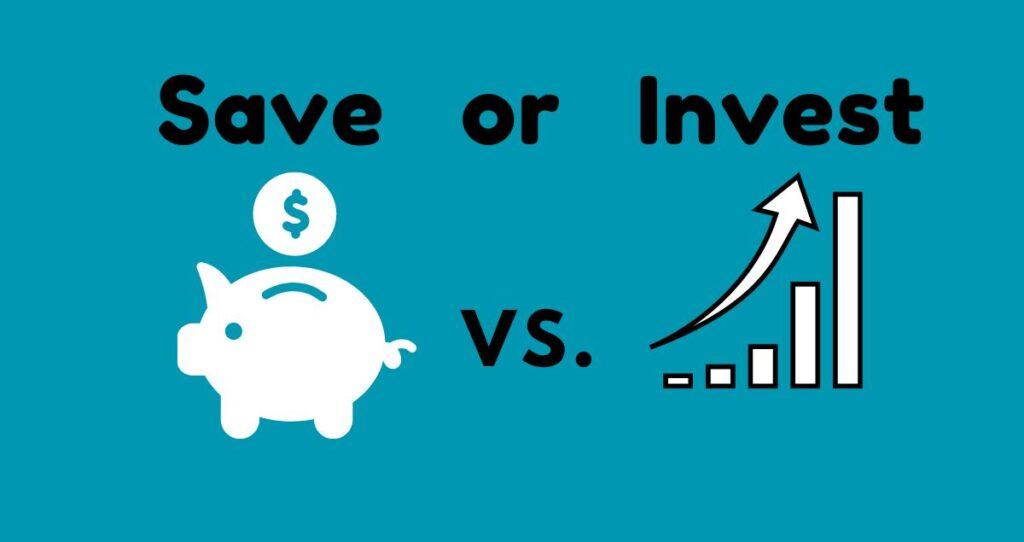Opening a certificate of deposit account is a great way to diversify your savings and build up your financial security. Unfortunately, many people never open CD accounts due to false beliefs that opening a CD requires a substantial amount of money. This is far from the facts. While some CDs such as Jumbo CDs require a high minimum deposit, the average CD account requires as little as $500.
In fact, some CD accounts require no minimum deposit or just a few hundred dollars to get started. This low to no minimum deposit makes CD accounts an accessible investment option regardless of your budget.
With different CD terms, rates, and minimum deposits, it can be hard to know where to start. So, whether you’re just starting to save for the future or already have a financial plan in place, this article will help you get the most from your investments.
You might also like: How to Open a CD Account: A Step-by-step guide
What is a certificate of deposit?
A certificate of deposit is a time deposit account offered by financial institutions such as banks, credit unions, and thrift institutions. CDs require a one-time deposit and the money stays in the account until the maturity date. In exchange for locking money in the account, you get a fixed interest rate known as annual percental yield(APY) that is paid either yearly or when your CD matures.
Additionally, CDs offered by banks are insured by the Federal Deposit Insurance Corporation(FDIC) up to the limit. Credit Union CDs are also insured by the National Credit Union Administration(NCUA).
Both FDIC and NCUA insure your CD account up to $250,000 per depositor and per account. For joint CD accounts, the coverage limit becomes $500,000.
CDs are usually praised due to their low risk and guarantee of their returns. Most people prefer CDs over traditional savings accounts due to higher yields.
What is the maturity date for a CD?
Unlike savings accounts where you can deposit and withdraw money from the account over time, certificates of deposit operate differently. The CD is known as a term deposit-meaning you agree to keep the money in the account without touching it or adding to it for a given time.
The length of time you agree to keep the money locked becomes the term of your CD. For example, if you open a 12-month CD, 12 months will be the term of your CD. That is you cannot withdraw money from your CD account until 12 months later which is the time your CD matures.
The end of your fixed CD term is called the maturity date. Withdrawing money from your CD before it matures triggers an early withdrawal penalty which varies from one CD to another and by the institutions.
What is the Annual Percentage Yield(APY)?
Before you worry about how much money you need to open a CD, it is important to know how much you will earn in the first place. Without an adequate return, it would not make financial sense to open a CD account.
The effective annual interest rate your CD earns is called the Annual Percentage Yield(APY). The APY differs from one CD to another. But, long-term CDs tend to have higher APYs than short-term CDs. In other words, the longer you agree to keep your money locked in a CD account, the more compensation you get.
Your APY also depends on the actual interest rate you earn and how often it is compounded. According to Chase, most CDs compound either daily or monthly. The more frequently your CD compounds, the more you earn and the faster you will grow your money over time.
How much money do you need to open a CD?
Now that you know what a CD means, the basics of CD maturity, and APY, it is time to evaluate the minimum deposit for a Cd.
So, how much money do you need to open a CD?
The minimum deposit for a CD is usually between $500 to $10,000. However, some Cd accounts have no minimum deposit requirements while others come with a much higher deposit.
For example, most Jumbo CDs require at least $100,000 to open an account. But, some banks might require a slightly lower deposit for their Jumbo CDs. In exchange for a higher minimum deposit, you get a slightly higher yield on your CD. To know the exact amount of money you need to open a CD, talk to your bank or check on your institution’s online portal.
Do you really need a lot of money to open a CD?
To further clarify the misconception around minimum deposits for CDs, it’s important to understand how these deposits work. Many banks and financial institutions have a minimum deposit requirement for CDs, which can range from as little as $500 to several thousand dollars.
Depending on the type of CD you have, you might be allowed to make multiple deposits in your CD account. If you have an Addon-on CD, for example, you might have the option to make extra deposits throughout the CD term. According to Bankrate, it is critical to carefully check your terms as the number of additional deposits you can make on Add-on CDs vary from one institution to another. Keep in mind that this deal also comes with a lower yield.
However, most common CDs such as traditional CDs require a one-time minimum deposit to open an account. For example, if your CD requires a minimum deposit of $1,000, you must deposit this amount when you open your CD.
Additionally, it’s worth shopping around to find the best options for your needs. Some online banks, for example, may have lower minimum deposits or offer higher interest rates than traditional brick-and-mortar banks. Other institutions do not have minimum deposits for all or some of their CDs.
How to find the best CD rates for your budget
When it comes to finding the best CD rates for your budget, there are a few things you should keep in mind. The following are tips to help you find the best CD rates that meet your financial situation.
- Do your research. Look for financial institutions that offer CDs and compare their rates. Also, keep an eye out for promotions or special offers that may be available. Usually, special CDs come with competitive rates such as 4.5%, 5%, 5.5%, or higher.
- Consider your CD term. Generally, longer terms tend to offer higher rates than shorter terms. However, it’s important to weigh the potential earnings against your need for liquidity. If you may need to access your funds before the CD matures, it may be better to opt for a shorter term with a lower rate.
- Consider bump-up CDs. Bumb-up CDs allow you to take advantage of higher interest rates if they become available during your CD term.
- Use A CD ladder. CD laddering is a process where you open multiple CDs of different terms. This allows you to take advantage of rising CD rates but also gives you access to cash during your CD terms.
What is the average interest rate on a CD?
CD rates can vary depending on the term, the amount of money deposited, and the financial institution you choose. Currently, the national average APY for a 1-year CD is around 1.70%, according to Bankrate. However, rates can range from as low as 0.05% to as high as 1.81% depending on the factors mentioned above.
How often do CDs pay interest?
While it’s important to consider interest rates when opening a CD, it’s also crucial to understand how often interest is paid out. Typically, interest on CDs is paid out either monthly, quarterly, or annually. Some CDs even offer the option to have interest paid at maturity.
The frequency of interest payments can play a role in maximizing your earnings. For example, if you have a CD with an annual interest rate of 2%, but interest is paid out monthly, you could potentially earn more if the interest was only paid out at maturity. This is because the interest you earn each month can earn its own interest through the compounding process.
So, when comparing CD options, consider both the interest rate and the frequency of interest payments to maximize your returns.
What are the requirements for a CD account?
Generally, banks and credit unions require a minimum deposit to open a CD account, with amounts ranging from $500 to $10,000 or more. Additionally, some institutions may require you to have an existing checking or savings account with them before you can open a CD.
Beyond the initial deposit and account relationship requirements, there may also be penalties for early withdrawal or closing of the CD account before maturity. It’s important to read the fine print and understand the terms and conditions before committing to a CD account.
Related: How to open a CD account: A Step-by-step guide
Are CD accounts worth it?
Are the potential earnings worth tying up your money into a CD? The answer really depends on your financial goals and risk tolerance. CDs typically offer higher interest rates than traditional savings accounts or money market accounts(MMA), making them a popular choice for those seeking a secure investment option.
However, it’s important to consider the opportunity cost of not having access to those funds for a set amount of time. If you need the money before the CD matures, you could face penalties and lose out on potential earnings. Additionally, the interest rates on CDs may not keep up with inflation, meaning that you may not be earning as much as you think over the long term.
When does it make sense to open a CD account?
Opening a CD account is worth it when you want to save money and the following conditions are true.
- You don’t need immediate access to the money and are comfortable locking it away for a while
- You want to earn a higher interest rate than savings account rates
- And you want the safety of your money
When is it a bad idea to open a CD account?
Just because CD accounts offer safety and guarantee a fixed rate, it does not mean they are right for you. The following are circumstances where opening a CD will not be a good idea.
- You need flexibility with your funds. Keep the money in a savings account or money market accounts if you cannot wait for your CD to mature before withdrawing cash.
- You need a higher interest rate. Alternative investments such as real estate, stocks, mutual funds, and bonds offer higher returns than CDs.
Do you pay taxes on a CD?
The interest earned on a CD is subject to federal and state taxes. It’s also important to note that the interest earned on a CD is considered taxable income in the year it is earned, even if you don’t withdraw the funds until later.
The amount of taxes you will owe on your CD interest will depend on your tax bracket. Generally, tax rates range between 10% to 37%.
Is CD safer than a money market account(MMA)?
When it comes to choosing a safe investment option, many people consider both certificates of deposit (CDs) and money market accounts. Both offer relatively low-risk opportunities to earn interest, but there are differences between the two.
Both CDs and MMA are FDIC or NCUA-insured up to $250,000 per account per owner, according to the Consumer Financial Protection Bureau(CFPB). However, money market accounts are more flexible but come with relatively lower yields. With a money market account, you can also make up to six withdrawals and six transfers in a month which is an option that is not available for CD accounts.
CDs generally offer a slightly higher interest rate but require that you leave your money untouched until maturity. Additionally, CD accounts come with potential penalties for early withdrawal, which can negate any additional interest earned.

